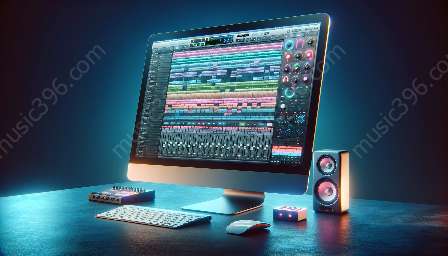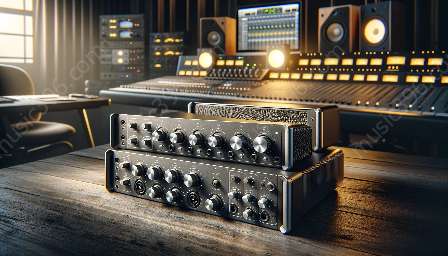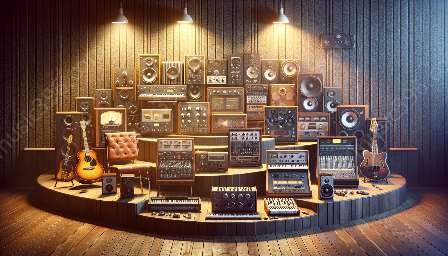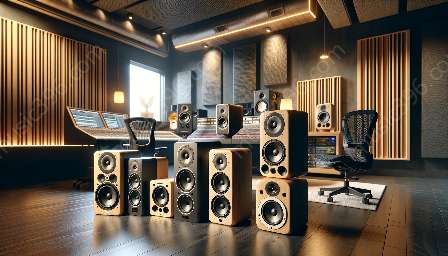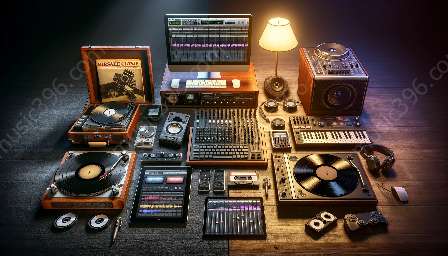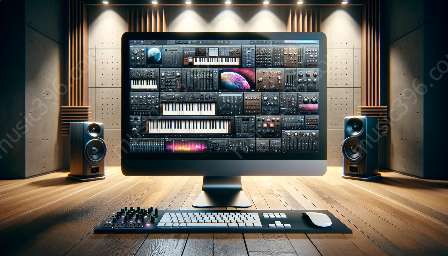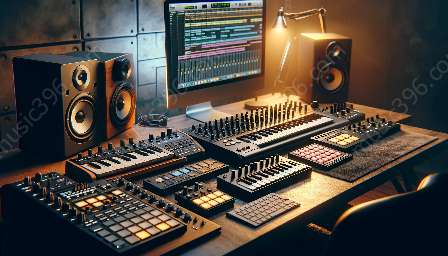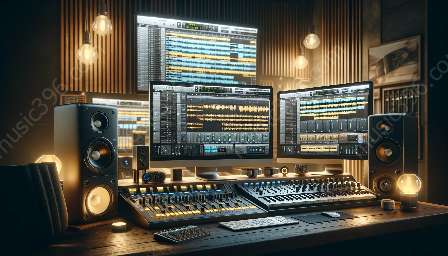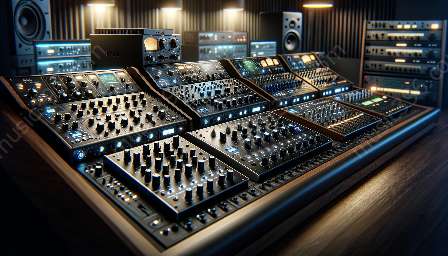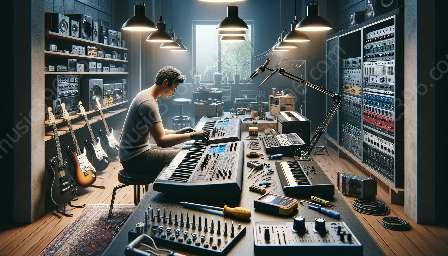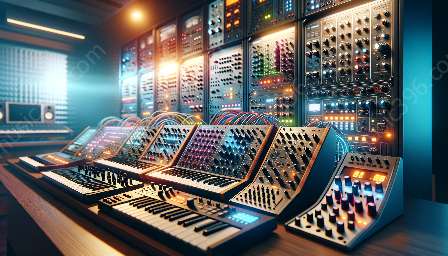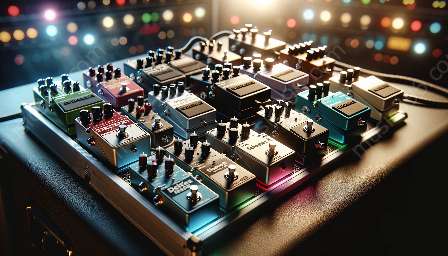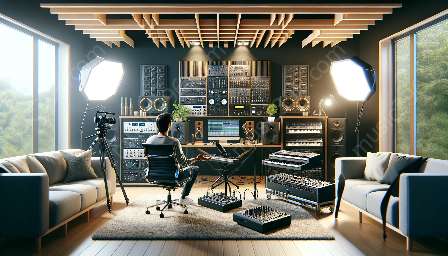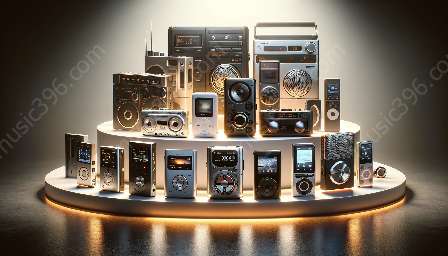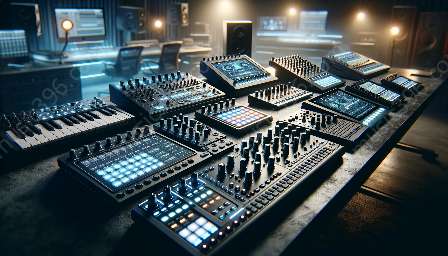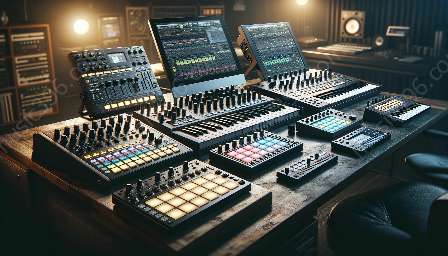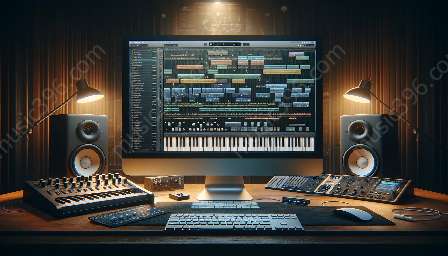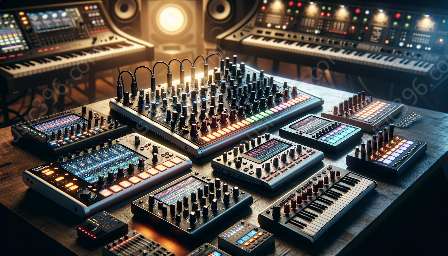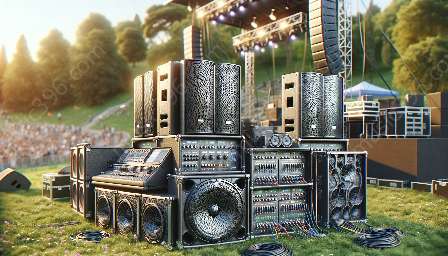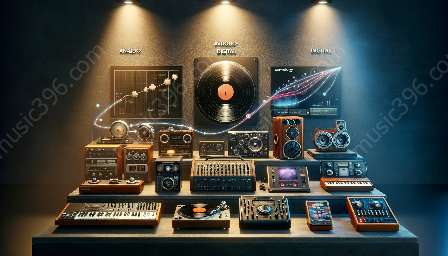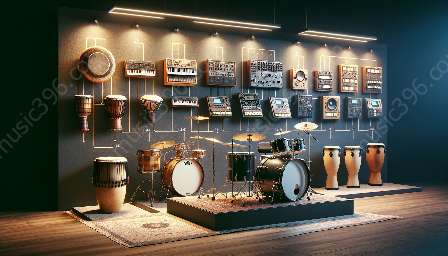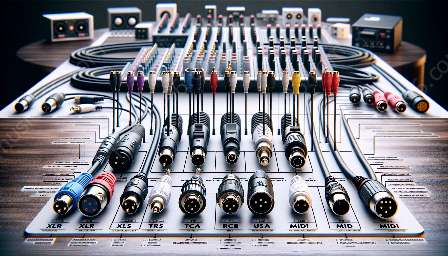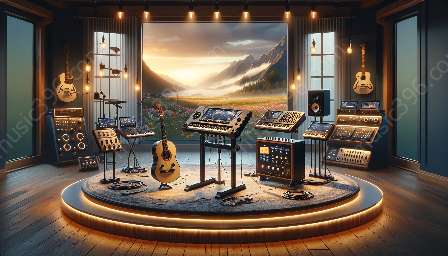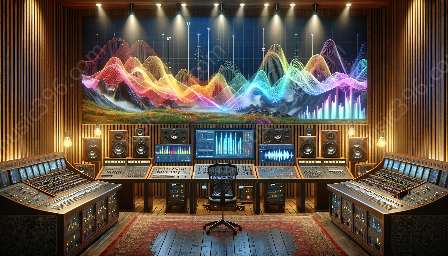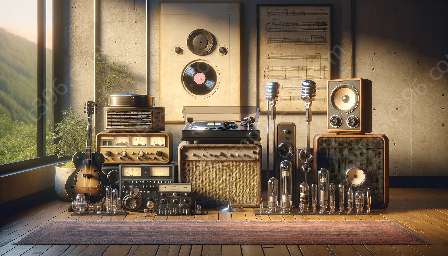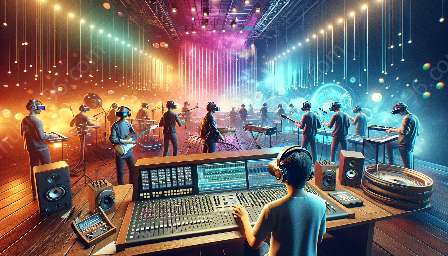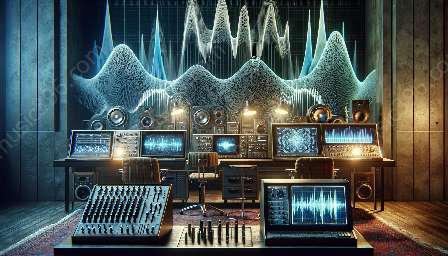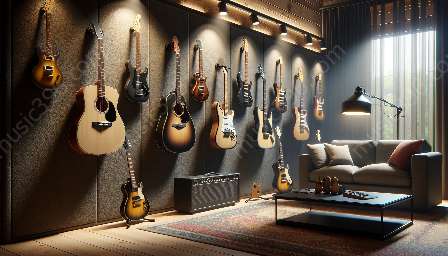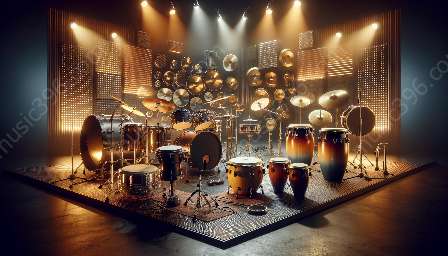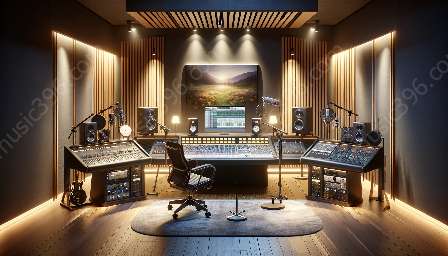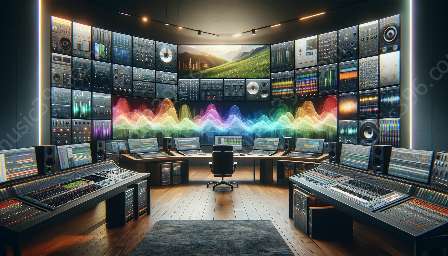Music production and composition have undergone a significant shift over the years, thanks to the accessibility of sound libraries. This shift has democratized the music industry and allowed diverse demographics to engage in music creation more than ever before.
The Evolution of Sound Libraries
In the past, accessing high-quality samples and sounds for music production and composition was a privilege limited to professional recording studios and well-funded artists. However, with the advent of technology, sound libraries have become widely accessible to a diverse range of musicians and producers.
Democratization of Music Production
Sound libraries have played a pivotal role in democratizing music production by eliminating barriers to entry. Aspiring musicians and producers no longer need access to expensive recording equipment or elaborate studios to create professional-grade music. With a vast collection of samples and sound libraries available online, individuals from various backgrounds can unleash their creativity and produce high-quality music from the comfort of their own homes.
Moreover, the democratization of music production has led to a more inclusive and diverse music landscape. Artists from underrepresented communities now have the opportunity to share their unique perspectives and voices through music, contributing to a richer and more vibrant music industry.
Enhanced Creativity and Innovation
Accessible sound libraries have also fostered a culture of creativity and innovation in music composition. Musicians and producers can experiment with a wide array of sounds and textures, pushing the boundaries of traditional music genres and creating groundbreaking compositions. This has resulted in the emergence of a more diverse and eclectic music scene, characterized by a fusion of different cultural influences and sonic elements.
Empowerment through Technology
Advancements in music equipment and technology have further contributed to the democratization of music production. Digital audio workstations (DAWs) and software instruments have become more affordable and user-friendly, enabling individuals with limited resources to harness the power of professional music production tools. Additionally, the integration of cloud-based platforms and collaborative tools has facilitated global collaboration among musicians and producers, transcending geographical barriers and connecting artists from diverse demographics.
The Impact on Music Industry
The accessibility of sound libraries has not only democratized music production but has also reshaped the music industry as a whole. Independent musicians and DIY artists now have the means to self-produce and distribute their music, challenging the traditional dominance of major record labels. This democratization has resulted in a more diverse and inclusive music ecosystem, with a multitude of independent voices contributing to the global music market.
Conclusion
In conclusion, the accessibility of sound libraries has played a transformative role in democratizing music production and composition across diverse demographics. It has empowered individuals from all walks of life to engage in music creation, fostering creativity, inclusivity, and innovation within the music industry. As technology continues to advance, the democratization of music production is expected to further expand, leading to an even more diverse and vibrant musical landscape.


